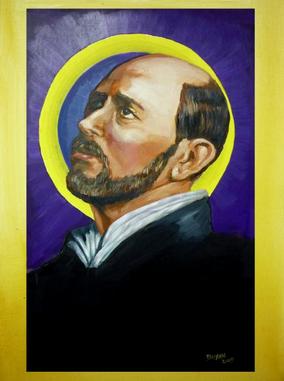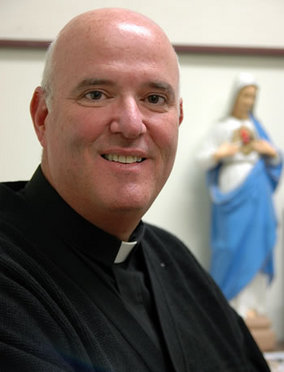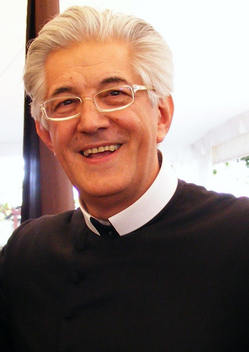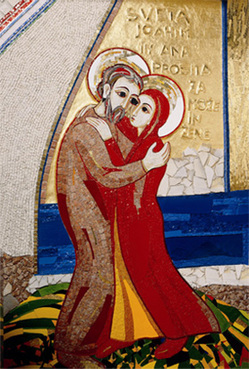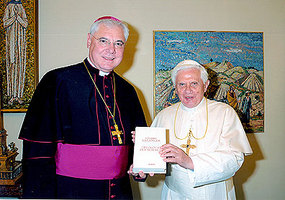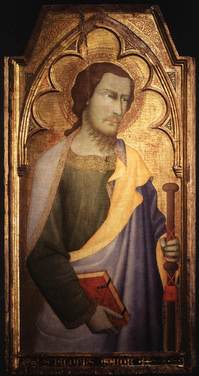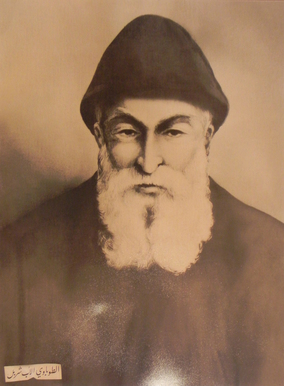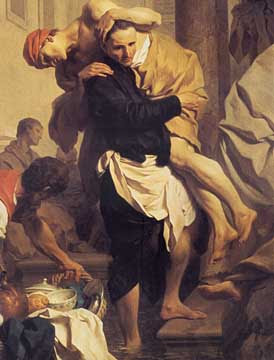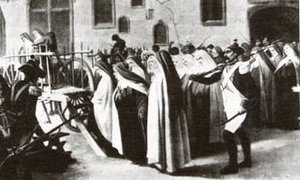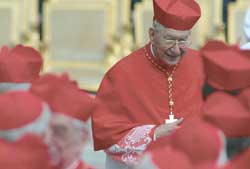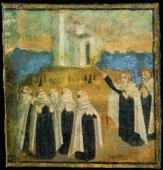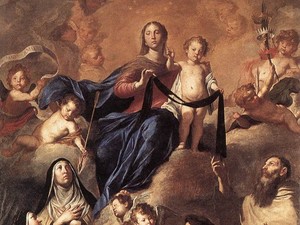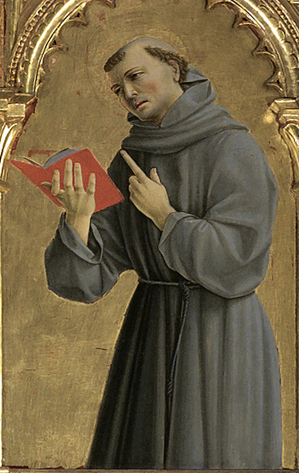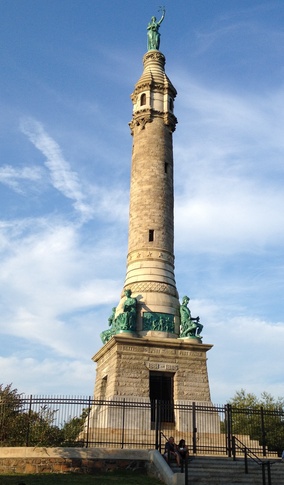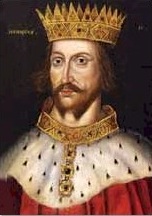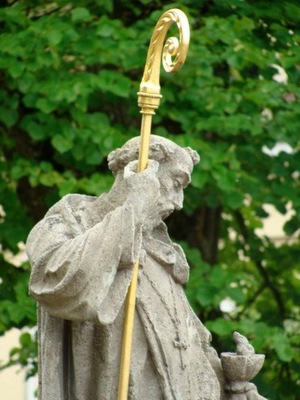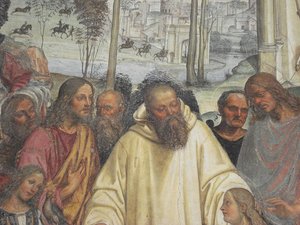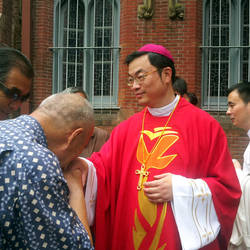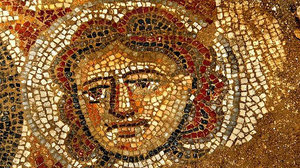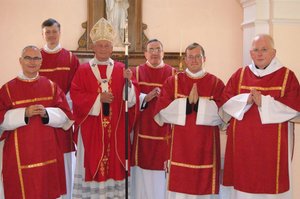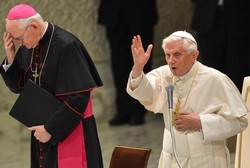In the Benedictine Ordo, Saints Martha, Mary and Lazarus are commemorated together and recalled for their gift of friendship and hospitality shown to the Lord. The familiar setting of their Bethany home shows us the priority of welcoming the guest, while remembering the need to be attentive to prayer and work. This portion of the biblical narrative gave rise to Saint Benedict writing in his Holy Rule that guest's ought to be welcomed as Christ. Martha's word of faith to Jesus is key for us too, "You are the Christ, the Son of the living God." Let us pray through the intercession of Saints Martha, Mary and Lazarus that we be hospitable to the stranger, not only to family and friends.
O, Martha, Mary, Lazarus,
Most joyfully we sing your praise;
You often welcomed Christ as guest,
To hear him, on his face to to gaze.
You, Martha we as Christ once said,
"Solicitous in many things"
Yet it was love for him that caused
The Anxious care that such love brings.
For, while you gladly served the guest,
The others could at ease partake
Of those great words of life and grace
From Jesus, made man for our sake.
Now came a farewell meal for him
Who must for us in death's pains share,
So Mary's nard anoints his feet,
Which she wipes dry with her own hair.
Lord Jesus, give our hearts this grace,
That in your saving word believe,
To welcome guests at any time
And with a heartfelt warmth receive.
To Father, Son and Spirit true
May we eternal glory sing
And may at last your kindly prayer
Bring us to God's great welcoming.
Text trans. Kenneth Tomkins, OSB, 1992, Quarr Abbey, Ryde, Isle of Wight
